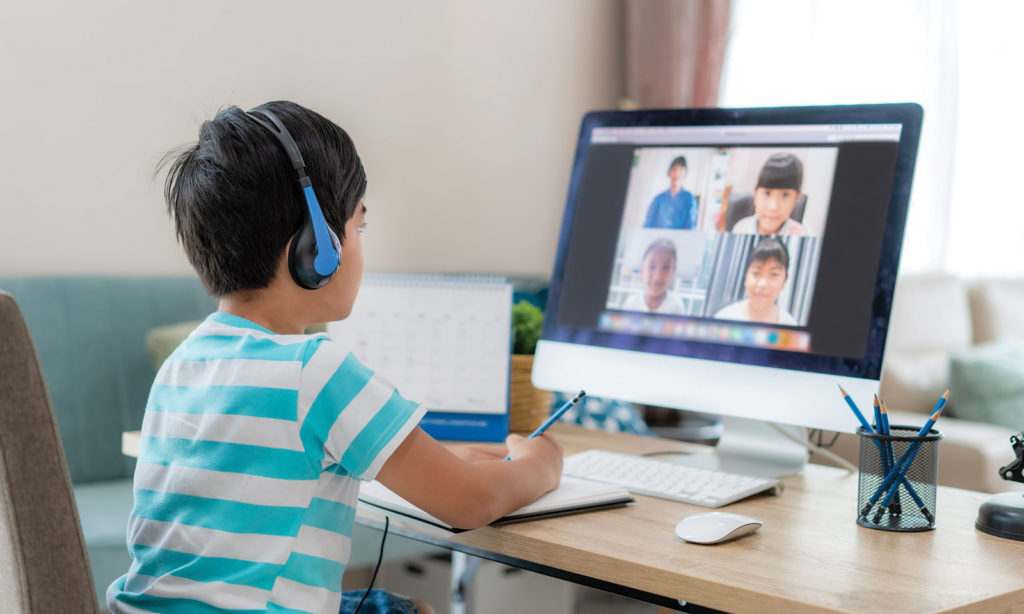It’s time to go back to school. And this year, students aren’t the only ones who might be feeling a little nervous. For all the moms and dads out there, here are some tips to keep your children focused and engaged in their virtual classroom.
1. Create a learning space for your child.
Set up a quiet, clutter-free area. According to Dr. Linda Carling, an educational research scientist at the Center for Technology in Education at Johns Hopkins University School of Education, a dedicated learning space increases student engagement and improves the quality of time spent on distance-learning activities.
2. Reduce distractions.
Dr. Sean J. Smith, a professor at the University of Kansas who specializes in technology- based solutions for students, suggests making a list of the things that might compete for your child’s attention – video games, social media, TV, toys or pets – and find a way to limit or remove them during learning time. Out of sight, out of mind.
3. Use a calendar.
It’s important to set up systems to help your child meet school deadlines and stay organized. Post a calendar and mark it with due dates. Help your child plan backward from the due dates. Teaching your kids these planning and time management skills early will pay dividends. “When we teach children strategies for time management from an early age, they internalize them, which sets them up for lifelong success,” says Lynn Meltzer, Ph.D., president of the Research Institute for Learning and Development, a nonprofit research and educational organization.
4. Use checklists.
For children who struggle with focus, it helps to create a basic visual checklist of tasks to accomplish their goal. For example, if your child is asked to watch a lesson, read a prompt and then provide a written response to the prompt, the checklist would include keywords for each of these tasks: watch, read, write. Your child could then check off each task with you as it is completed. Education specialist and author Dr. Kathleen Dudden Rowlands believes checklists do more than keep students organized and on-task. “Used effectively, checklists can help students develop metacognitive awareness of their intellectual processes,” Rowlands explains in her book “Check It Out! Using Checklists to Support Student Learning.” Metacognitive awareness is essentially people’s understanding of both the process of learning and how they can optimize their learning of certain knowledge or skills.
5. Encourage movement.
Kids need to burn off energy throughout the day. Allow time for exercise before your child is expected to focus on a distance-learning task. According to Dr. Ellen Braaten, director of the Center for Young Healthy Minds at Massachusetts General Hospital, studies suggest that kids are 20% faster at learning vocabulary words after they exercise. A study published by The Journal of Pediatrics shows higher levels of aerobic fitness correspond with better academic performance.










